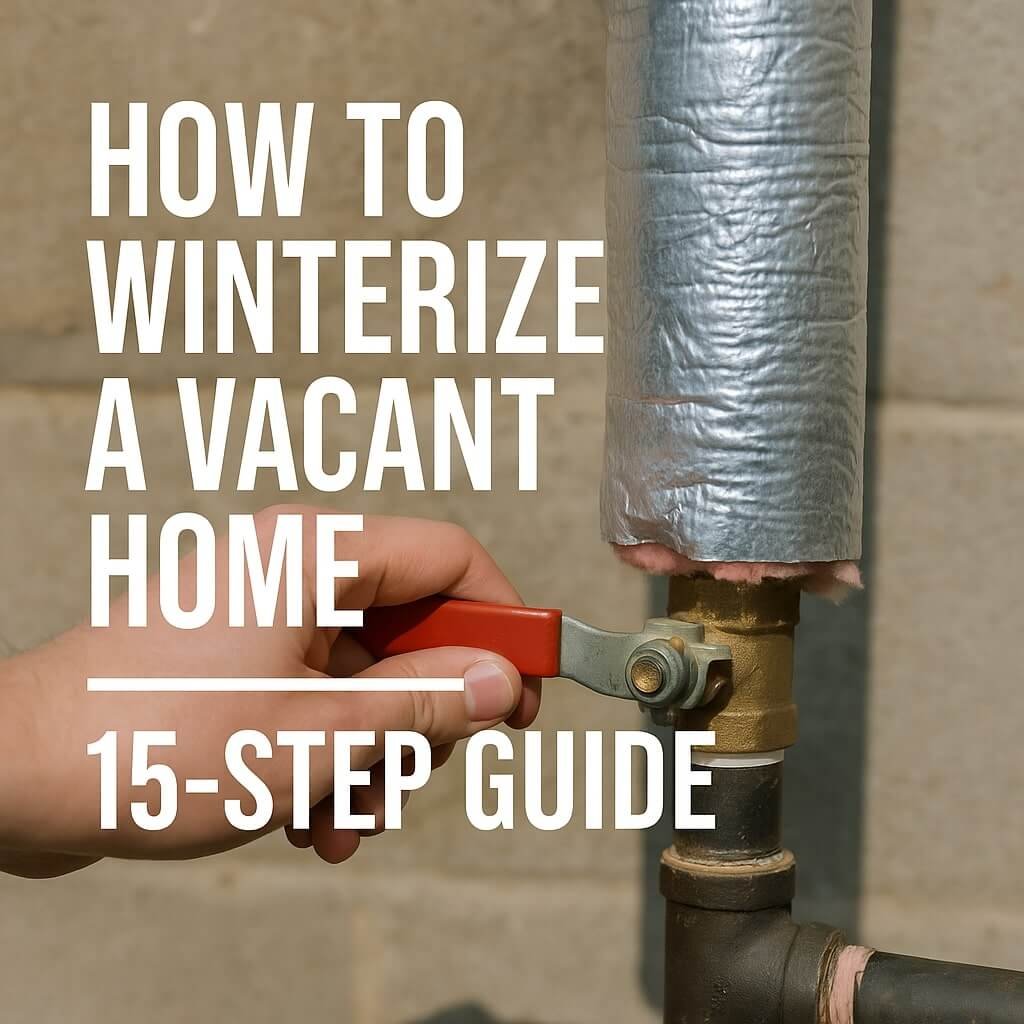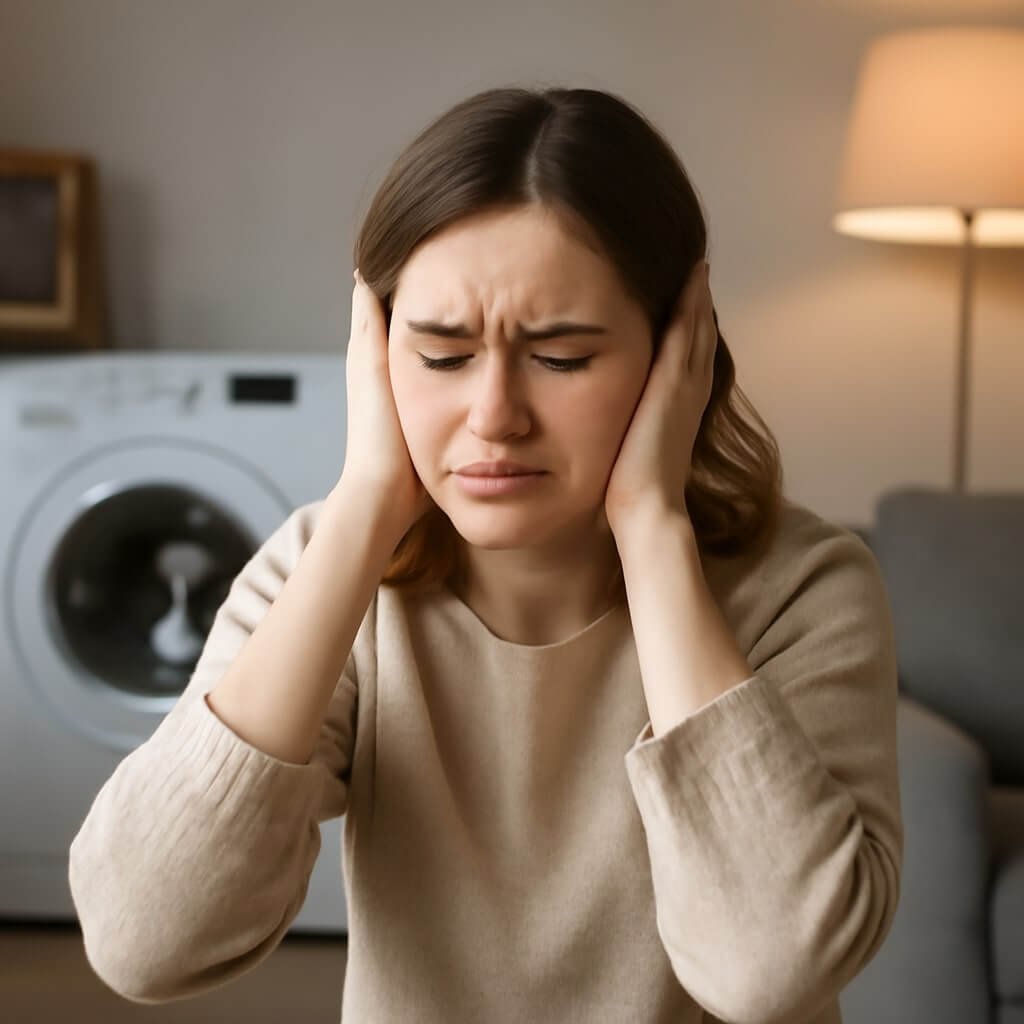If you’ve recently installed a new air conditioner, only to find it surprisingly loud inside your home, you’re not alone. Many homeowners face this frustration, wondering, why is my new AC so loud inside my house? Understanding the root causes of this noise is key to solving the problem without unnecessary stress or expense.
In this detailed guide, we’ll explore 15 common reasons behind a loud AC unit, what you can do about it, and how to maintain a quiet, comfortable environment in your home. By the end, you’ll feel empowered to tackle the noise head-on or know when it’s time to call in the pros.
Understanding AC Noise: What’s Normal?
Air conditioners naturally produce some level of sound when operating. The fan blowing air, the compressor cycling, and the refrigerant flowing all contribute to the baseline noise you can expect. Typically, these sounds are a low hum or gentle whoosh.
However, when your new AC sounds like a jet engine or a rattling machine, something isn’t right. Loud noises can range from banging, buzzing, rattling, to grinding—all signalling different issues that need attention. Knowing what’s normal helps you identify abnormal noise patterns early, preventing bigger problems down the road.
Common Causes of Loud AC Noise
There are many reasons your new air conditioner could be louder than expected. Some stem from installation hiccups, others from mechanical problems or maintenance issues. Let’s break down the 15 most common causes.
1. Improper Installation
A frequent culprit behind loud AC units is improper installation. If the unit isn’t level, or if mounting screws are loose, vibrations can amplify sound inside your home. Incorrect placement of the outdoor condenser can also reflect noise into the house.
2. Loose or Damaged Parts
New AC units sometimes have loose components from manufacturing or shipping. Screws, panels, or fan blades that aren’t tightened properly can rattle during operation.
3. Dirty or Clogged Filters
Filters clogged with dust restrict airflow, forcing the system to work harder. This can increase noise levels due to strained fans or motor overuse.
4. Faulty Fan Motor or Blades
The fan motor is crucial for moving air. If it’s defective or the blades are bent, you might hear humming, screeching, or clanking sounds.
5. Refrigerant Problems
Low or leaking refrigerant can cause the compressor to make unusual noises, including hissing or bubbling.
6. Ductwork Issues
The ducts distribute cool air through your home, but if they’re loose, poorly insulated, or improperly sized, they can vibrate or whistle loudly.
7. Compressor Noise
The compressor is the AC’s powerhouse and sometimes emits loud banging or knocking if it’s failing or if there’s a pressure imbalance.
8. Vibration from the Unit
When the AC vibrates, sound travels through walls and floors, amplifying noise inside your living space. This is often due to poor mounting or missing vibration dampeners.
9. Old or Worn-Out Components
Even a “new” unit can have manufacturing defects or parts that wear prematurely, causing noise early in its life cycle.
How to Diagnose Loud AC Sounds

Diagnosing noisy air conditioners involves:
- Listening carefully to identify the noise type.
- Checking for loose panels or screws.
- Inspecting the air filter.
- Observing the fan blades.
- Examining duct connections.
- Monitoring refrigerant levels (requires professional tools).
Keeping a record of when and where the noise occurs can help professionals pinpoint the issue.
Professional Repair vs DIY Fixes
Some issues, like replacing a filter or tightening screws, are easy DIY fixes. Others, such as refrigerant problems or compressor repair, require trained HVAC technicians. Always weigh the risk of voiding warranties or causing damage when attempting repairs yourself.
Tips to Maintain a Quiet AC Unit
- Schedule regular professional maintenance.
- Change or clean air filters monthly.
- Keep the area around the outdoor unit clear.
- Insulate ductwork and seal leaks.
- Ensure proper unit mounting with vibration pads.
- Address small noises promptly before they worsen.
Frequently Asked Questions (FAQs)
Is it normal for a new AC to be loud initially?
Some initial noise during a break-in period is normal, but loud or unusual sounds should be checked promptly.
Can poor installation void my AC warranty?
Yes, improper installation may void warranties, so use licensed professionals.
How often should I service my AC to keep it quiet?
Bi-annual servicing, ideally before summer and winter seasons, is recommended.
Will soundproofing my AC ductwork help?
Yes, insulating ducts can reduce noise, but they won’t fix mechanical issues.
Can a noisy AC affect energy efficiency?
Absolutely. Noise often indicates strain or malfunction, leading to higher energy use
What are the signs that my AC needs replacement?
Excessive noise, frequent breakdowns, and reduced cooling performance are key signs.
Conclusion: Enjoy a Quiet and Comfortable Home
A loud new air conditioner doesn’t have to ruin your comfort. By understanding why your AC is noisy and how to address these issues, you can ensure peaceful cooling all year long. Regular maintenance and prompt repairs will extend your unit’s life and keep your home quiet and cozy.













